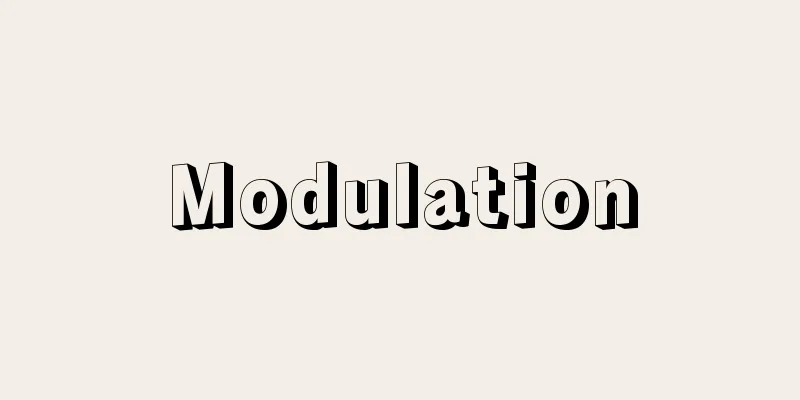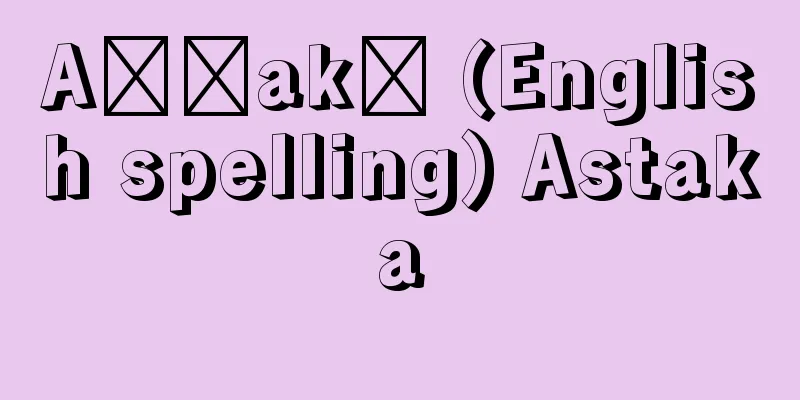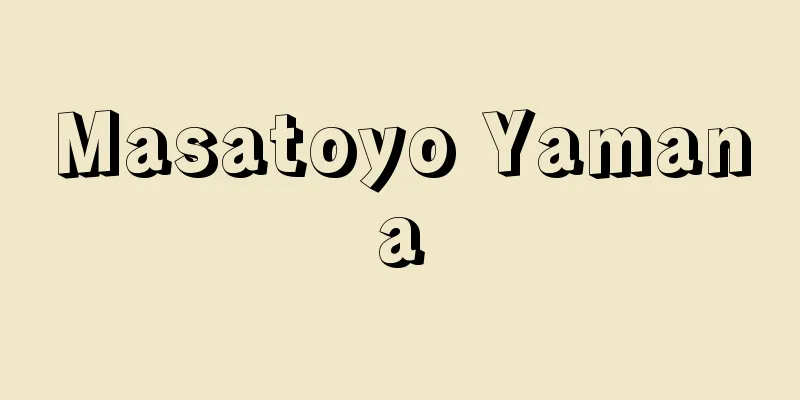Zakat (English spelling)

|
A poor tax established by Islamic law. It was levied on Muslims who owned grain, fruit, camels, livestock, sheep, gold, silver, or goods, and the tax rate was 2.5 to 10 percent of their profits. In Muhammad's time, it vaguely meant charity or alms, but after his death it was legalized as a tax and became the main source of revenue for the Islamic state. Source: Encyclopaedia Britannica Concise Encyclopedia About Encyclopaedia Britannica Concise Encyclopedia Information |
|
イスラム法に定められた救貧税。穀物,果実,らくだ,家畜,羊,金銀,商品を所有するイスラム教徒に課せられ,その税率は利益の 2.5~10%。ムハンマドの時代には,漠然と喜捨あるいは慈善を意味していたが,ムハンマドの死後に税として法制化され,イスラム国家の主要な財源になった。
出典 ブリタニカ国際大百科事典 小項目事典ブリタニカ国際大百科事典 小項目事典について 情報 |
<<: Liquor wholesaler - Sakadonya
Recommend
Sukumo [city] - Sukumo
A city in the southwest of Kochi Prefecture. It wa...
Karlovac - Karlovac (English spelling)
A city in the central-western part of the Republi...
Iwata [city] - Iwata
A city located on the Iwatahara Plateau in the sou...
Gongsun Dragon
A thinker belonging to a distinguished family in ...
Shibuya Tengai
A comedic actor. His real name was Shibuya Kazuo....
Noble's land - Kugeryo
A general term for the estates of the Imperial fam...
Kyo Chongji - Kyo Chongji
... The right wing of the Kuomintang was original...
Eikanbushi - Eikanbushi
A type of joruri. It is a leading school founded ...
Płock (English spelling)
A city in the Masovian Voivodeship in central Pol...
veredarii
…Even in the Roman period, according to Caesar, c...
Letter - Notice
A style of ancient document. It is exchanged betw...
Brahmadeya Village - Brahmadeyasonraku (English spelling) Brāhmadēya
A village form common in the Chola dynasty of sout...
Carothers
American chemist. Born in Burlington, Iowa. After ...
David
A Flemish painter. After Memling's death in 14...
disthene
…Its specific gravity is 3.67, which is greater t...









